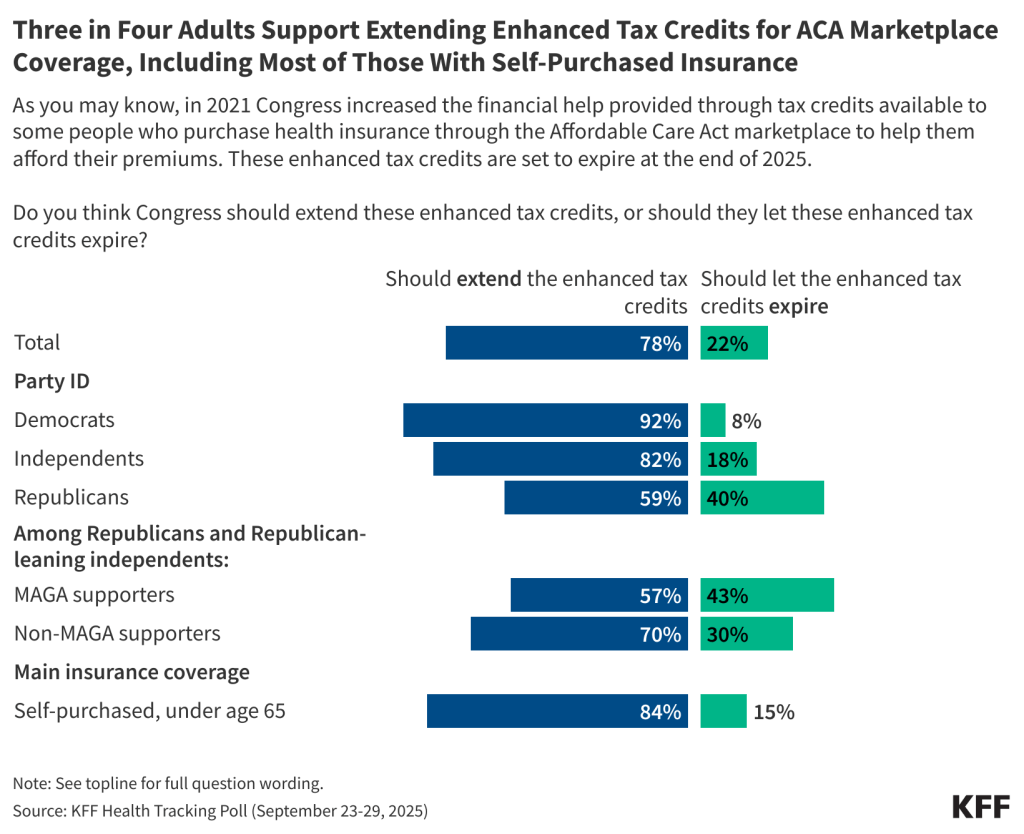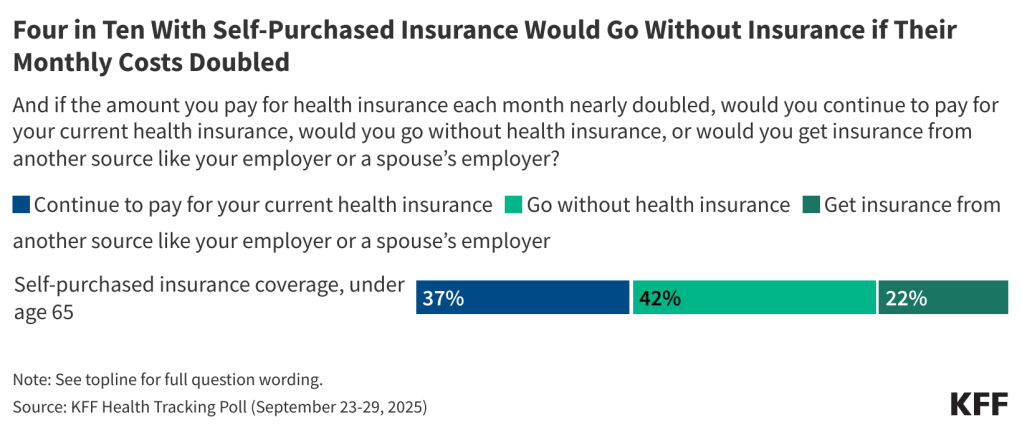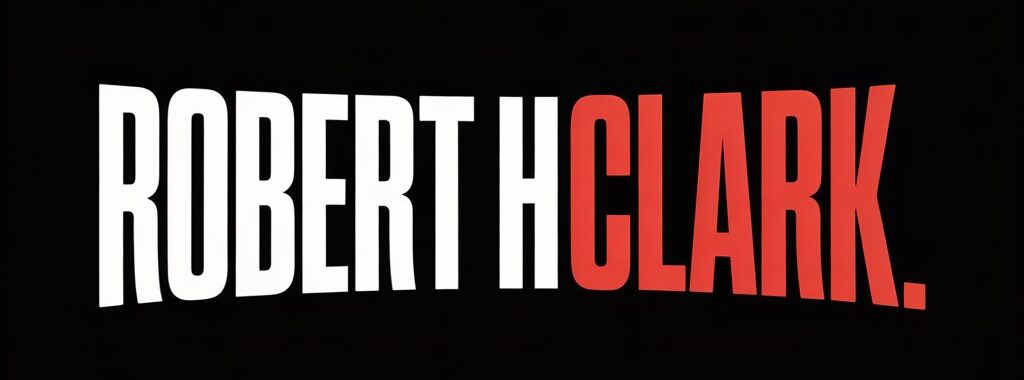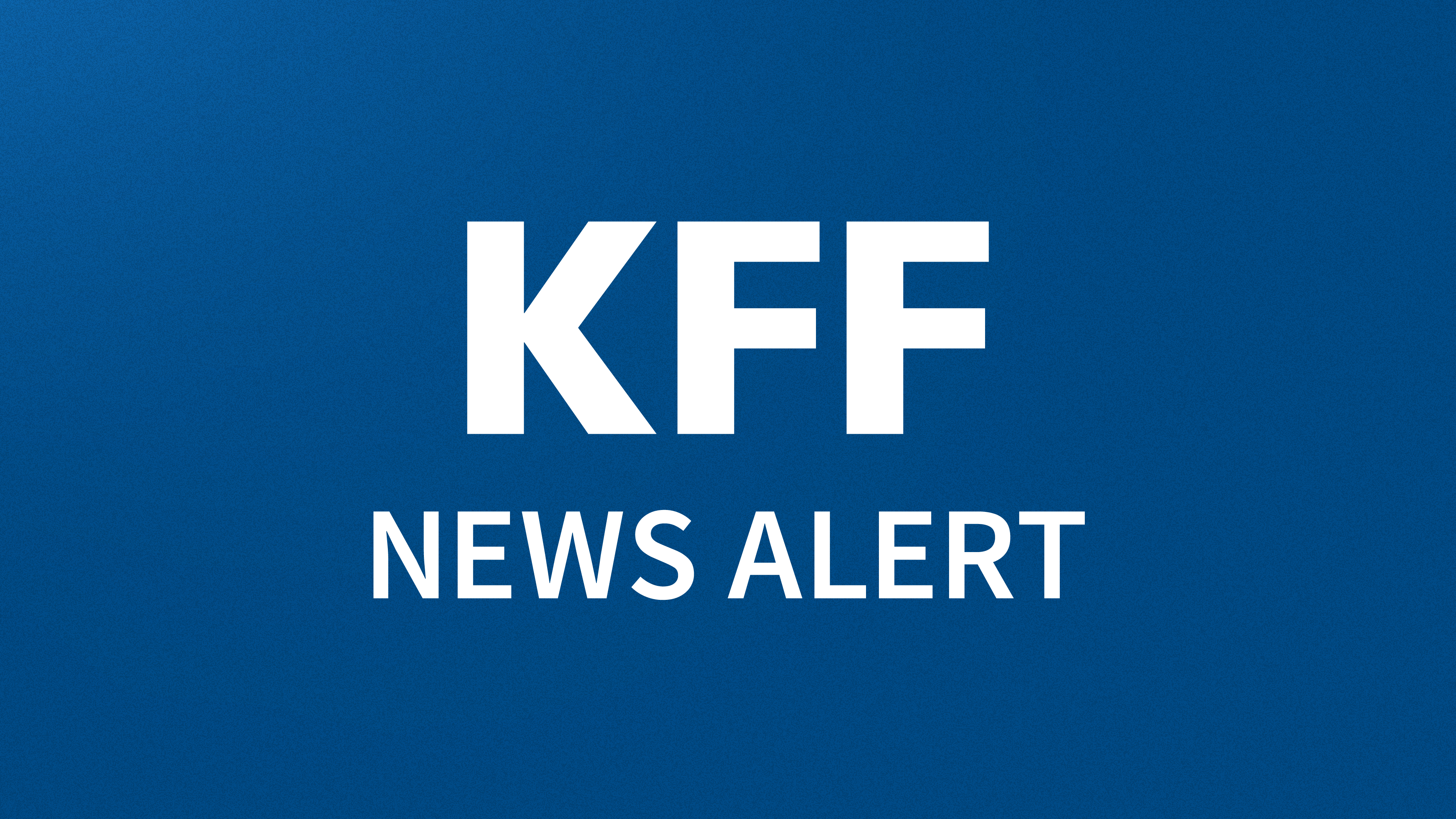Greater than three-quarters (78%) of the general public say they need Congress to increase the improved tax credit obtainable to folks with low and average incomes to make the well being protection bought via the Inexpensive Care Act’s Market extra reasonably priced, a new KFF Health Tracking Poll finds. That’s greater than thrice the share (22%) who say they need Congress to let the tax credit expire.
Most Republicans (59%) and “Make American Nice Once more” supporters (57%) favor extending the improved tax credit, which in any other case would expire on the finish of the yr and require Market clients to pay rather more in premiums to retain protection. Bigger majorities of Democrats (92%) and independents (82%) additionally assist extending the improved tax credit, as do most individuals who purchase their very own medical insurance, most of whom buy via the Market (84%).

The ballot additionally assessments the general public’s response to arguments made by those that assist and oppose extending the improved tax credit.
Among the many public total, greater than eight in 10 say they might be involved concerning the expirations of the tax credit in the event that they heard that medical insurance would grow to be unaffordable for many individuals who purchase their very own protection (86%), that about 4 million folks would lose their medical insurance protection (86%), or that hundreds of thousands of people that work at small companies or are self-employed could be immediately impacted as a result of they depend on the ACA Market (85%).
Within the different course, a smaller majority (63%) say they might be involved about extending the improved tax credit in the event that they heard that it could require vital federal spending that will largely be paid by taxpayers. This contains a big majority of Republicans (83%) and most independents (61%).
When individuals who wish to lengthen the improved tax credit have been requested who deserves probably the most blame in the event that they expire, roughly equal shares say President Trump (39%) and Republicans in Congress (37%), whereas a smaller share (22%) say that Democrats in Congress would deserve many of the blame.
“There’s a sizzling debate in Washington concerning the looming ACA premium hikes, however our ballot reveals that most individuals within the marketplaces don’t find out about them but and are in for a shock after they study them in November,” KFF President and CEO Drew Altman mentioned.
The ballot was fielded simply previous to the Oct. 1 federal authorities shutdown that was triggered partly by disagreements about whether or not, how and when to increase the expiring tax credit. A recent KFF analysis finds that shedding that further assist would improve what Market enrollees receiving monetary help pay in premiums by a median of 114% – from $888 in 2025 to $1,904 subsequent yr.
The ballot means that many Market enrollees are going to be shocked by the soar of their premiums if the tax credit aren’t renewed in time for 2026 open enrollment interval, which begins Nov. 1.
Amongst individuals who purchase their very own protection (largely via the Marketplaces), about six in ten (58%) say they’ve heard simply “just a little” or “nothing in any respect” concerning the expiration of tax credit for eligible folks with Market protection.
Amongst those that purchase their very own insurance coverage, a few third (35%) anticipate their premiums to extend “rather a lot” subsequent yr. 1 / 4 (25%) anticipate their premiums to rise “some,” one other quarter (24%) anticipate their premiums to extend “just a little,” and the remainder (15%) don’t anticipate any improve.
When requested if they might afford well being protection if their premiums practically doubled, seven in 10 (70%) of those that buy their very own insurance coverage say they might not be capable to afford the premiums with out considerably disrupting their family funds, greater than twice the share (30%) who say they might afford the upper premiums.
About 4 in 10 (42%) Market enrollees say they might go with out medical insurance protection if the quantity they needed to pay for medical insurance every month practically doubled. Related shares (37%) say they might proceed to pay for his or her present medical insurance, whereas two in 10 (22%) say they might get insurance coverage from one other supply, like an employer or a partner’s employer.

Different findings embrace:
- Practically two thirds (64%) of the general public proceed to carry favorable views of the Inexpensive Care Act total, and a considerably bigger majority (70%) holds favorable views of the ACA’s Marketplaces. Whereas two thirds (64%) of Republicans view the general ACA unfavorably, most (59%) view the ACA Marketplaces themselves favorably.
- Most (61%) of the general public holds unfavorable views of the tax and funds legislation enacted in July, also referred to as the “large stunning invoice,” whereas about 4 in 10 (38%) view it favorably. Massive majorities of Democrats (88%) and independents (68%) view the legislation unfavorably, whereas related majorities of Republicans (75%) and MAGA supporters (82%) view it favorably.
Designed and analyzed by public opinion researchers at KFF, this survey was performed September 23-29, 2025, on-line and by phone amongst a nationally consultant pattern of 1,334 U.S. adults in English and in Spanish. The margin of sampling error is plus or minus 3 share factors for the complete pattern. For outcomes primarily based on different subgroups, the margin of sampling error could also be greater.

